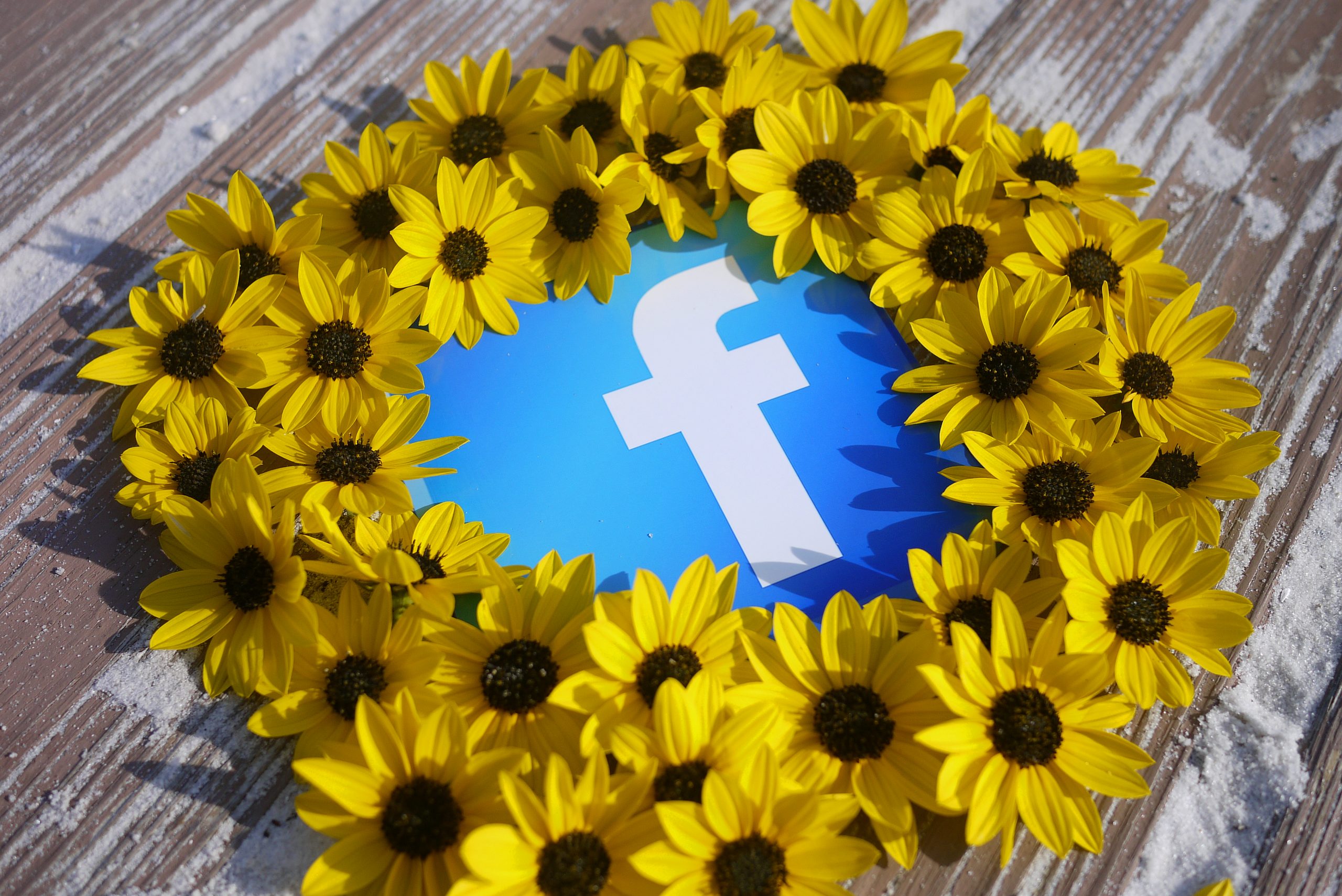
What happens to our Facebook profile when we die? Who gets to connect with us on LinkedIn, post pictures of us on Pinterest, or view our photos on Flickr after we have shuffled off this mortal coil and left these worlds — both the physical and the virtual — behind?
These are brand-new questions that privacy experts, social media companies, political leaders, and families and friends of the deceased are all grappling with. The answers do not come easily, and they are being made on an ad-hoc basis, as each website and each new group of grieving survivors struggles to decide the best way to handle this new reality: That our online lives have achieved a kind immortality for which we mortals have dreamed or dreaded since time immemorial.
There are no easy questions here. After someone dies, his online friends may want to post photos on his Facebook page that capture some of their best memories together. But some may include images of the deceased drinking, or in a nightclub, or doing any number of things that could prove emotionally damaging to surviving spouses, parents and children.
Another question: Does the deceased have any say in the matter? Our notions about privacy usually attend to the living. But now that fully-realized iterations of our personalities can outlive us online, now is the time to start modernizing our long-held definitions of privacy.
One could argue that the best way to protect privacy is to give family members control of a deceased person’s social media profiles, email accounts and other personal data online. Those relatives could decide whether to keep profiles as they are, restrict access only to family members, or to pull profiles down entirely. To me, family control makes a certain kind of sense.
On the other hand, friends and colleagues mourn, too. According to a recent study by psychiatrist Elaine Kasket (I trust I’m not the only one who sees the irony here), the ability to post photos and written testimonials to the deceased on social networking sites like Facebook can be important in helping friends deal with the loss. As long as those posts remain respectful, they could also help relatives better know the deceased and ease their process of mourning.
So far, the biggest actors in deciding these issues have been social networking sites themselves. Facebook allows family members to remove a deceased user’s profile entirely, or place it in “memorial state,” which removes status updates and restricts access to current friends, TIME reports. Flickr continues preferences made by the user when he was alive, including barring anyone from seeing photos marked private.
Some of these policies make sense, but I foresee problems. If a wife wants her dead husband’s Facebook profile taken down but his daughter wants it to remain active, how does Facebook decide? If a person has a personal and a professional Facebook profile, might different rules of access apply for each?
I don’t know the answers, and neither do Facebook, Twitter, or academics like Kaskett. But we need answers soon. Now that the majority of Americans have Facebook profiles, the question of post-mortem privacy soon will move from the periphery of the national consciousness to its very center. As I’ve written many times, the United States desperately needs a federal privacy policy that protects citizens’ identities across all mediums, from paper documents to online files. That policy must include strong security protocols across all crucial infrastructure and data systems, and rules for how victims should be notified after a data breach.
A national privacy policy also needs rules regarding what happens to our online profiles after we die. This policy won’t take shape overnight. As we saw with Congress’s disgraceful punting of the cybersecurity bill this summer, even common-sense, apolitical proposals morph into political footballs when the overgrown children in Washington decide it’s in their short-term partisan advantage.
That said, regardless of what our leaders (I use that term advisedly) do, or don’t do, we are still — and always will be — the ultimate guardians of our reputations and our identities. They are assets that are just as valuable, perhaps even more so, than our homes, our stocks and our bonds. We must build, nurture, manage and protect them with the same skill and vigilance that we demand of the professional money managers who run our investment portfolios, as I wrote about here. Our online personas are part of that basket of assets that must be intelligently managed so as not to put ourselves or our families at risk, even after we die.
Just as every adult should have a will detailing the distribution of their assets upon death, every will should include a section regarding the disposition of one’s online accounts. Do you want your Facebook profile shut down, or left in place? Do you want your Twitter feed shut off, or have you gained such a following and a track record of funny, insightful tweets that a trusted work colleague might well continue tweeting in your stead?
The bottom line — don’t wait for or delegate to Facebook or the government the protection of your reputation, they have neither the urgency nor the stake you do.
Originally published on Credit.com









